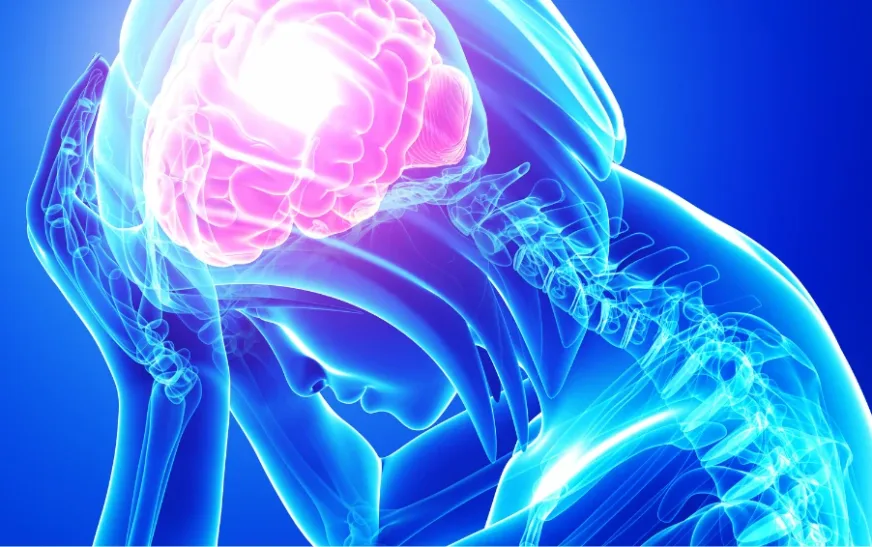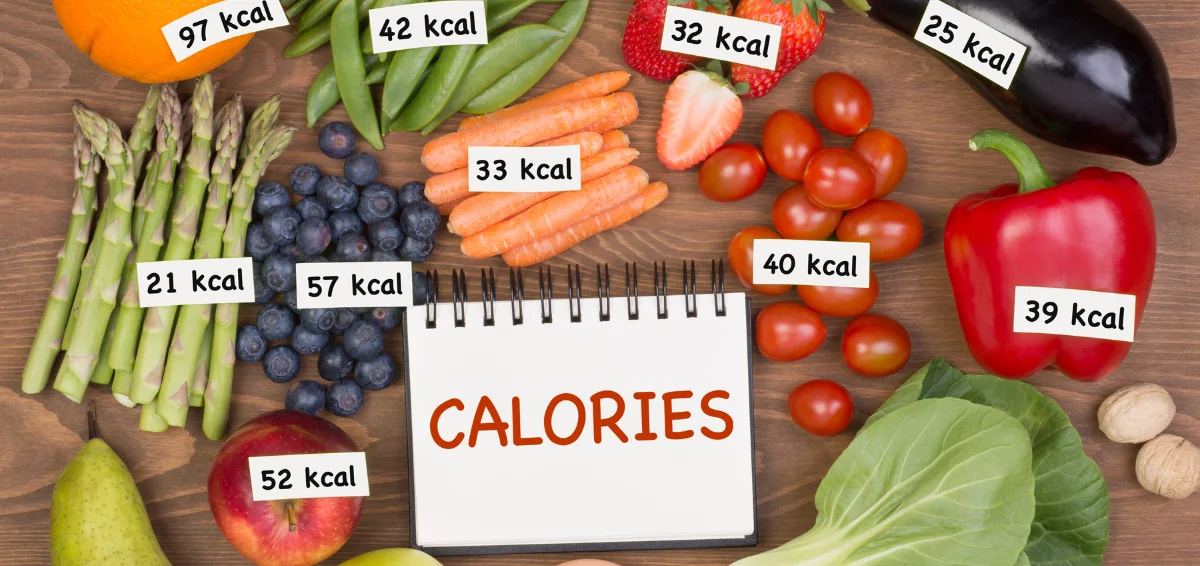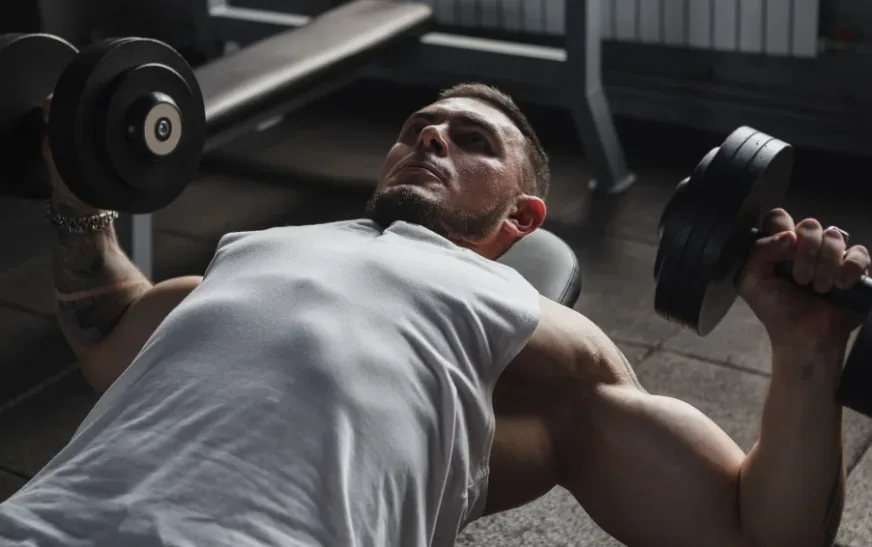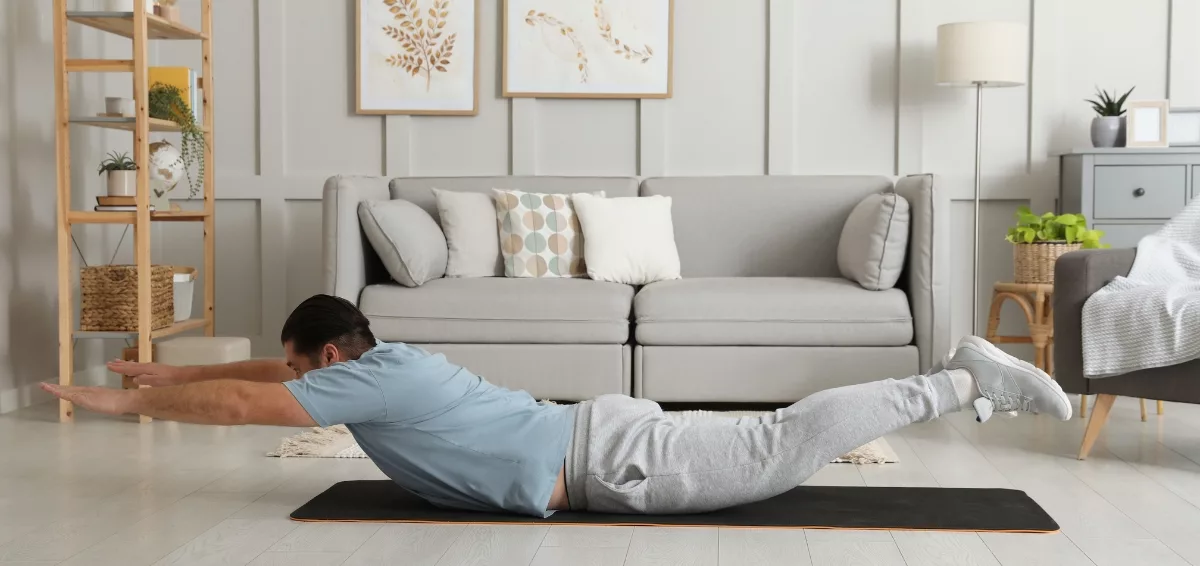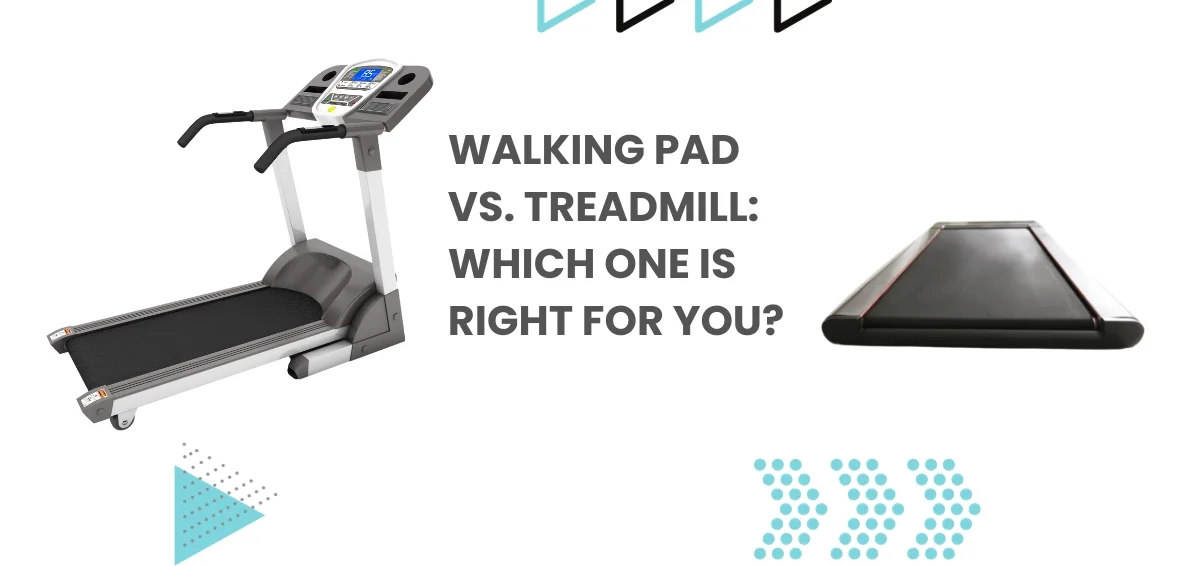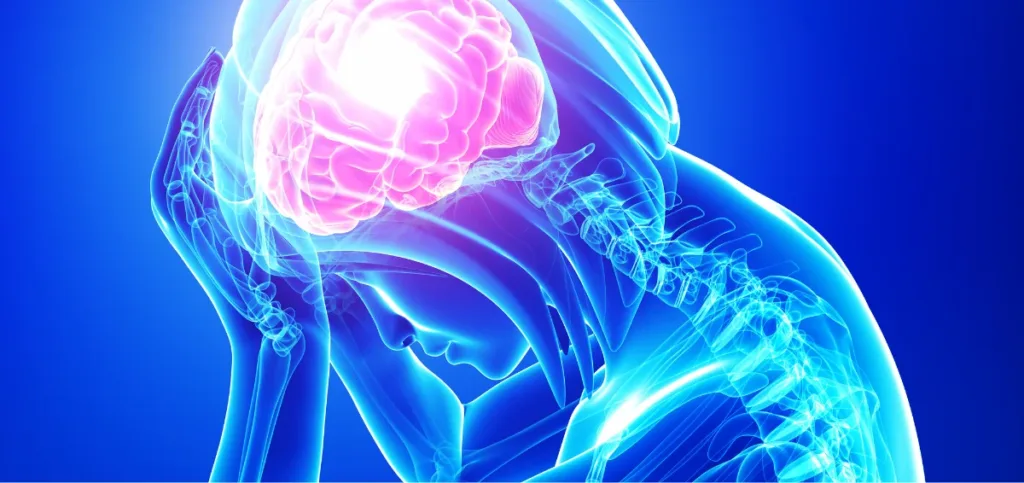
A concussion is a traumatic brain injury caused by blunt force trauma to your head. It is relatively common among athletes but can also happen to the average individual due to accidents, falls, etc. The six stages of concussion recovery include acute injury, physical rest, observation period, ongoing rest, recovery and concussion rehabilitation, and return to the daily routine.
Recovering from a concussion is essential to getting back to your normal life. However, depending on the severity of the concussion and your general physical health, recovery time can be short or long.
Let’s find out more about recovering from a concussion.
Read More: Hip Labral Tear Exercises
How Does a Concussion Impact Your Brain?
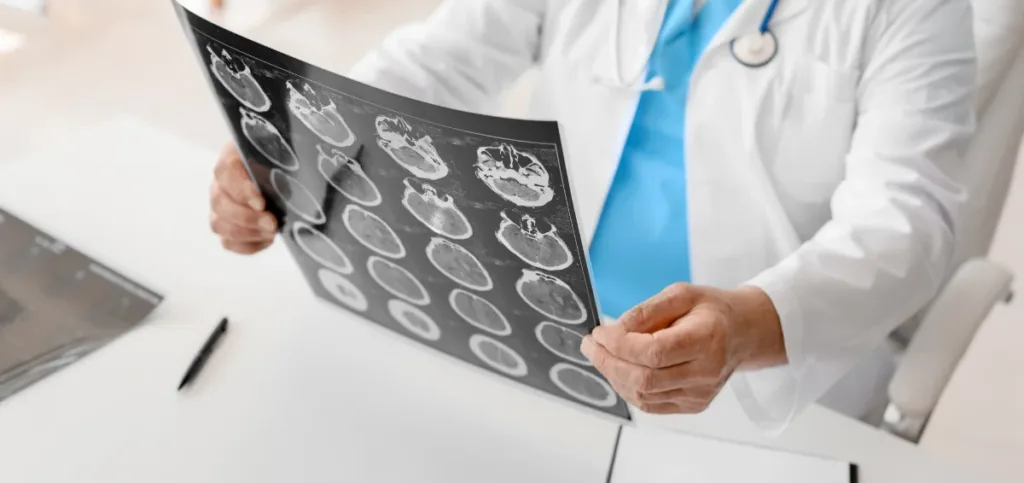
Your brain is made up of cells, the most important of which are neurons. Neurons have axons, which link neurons and other cells to each other. It helps the cells to communicate. A neuron communicates through the axon to connect with other neurons. Billions of neurons in your brain are connected, forming a complex web of pathways so your cells can communicate with one another. Neurons and this network of connections enable you to perform various tasks, from thinking to feeling emotions and more.
A concussion occurs when your brain moves suddenly inside your skull and shakes vigorously as it returns to rest. This sudden brain movement impacts and hurts your neurons by making them stretch and, in some cases, break. The brain movement leads to injury, also called concussion.
The 6 Stages of Concussion Healing
Healthcare experts have observed the following six stages of recovery in concussion patients. The amount of time someone spends on each stage varies according to the intensity of the damage and the care they get.
Stage 1: Acute Injury
The acute phase begins the first 72 hours after experiencing a concussion. During this time, any chemical changes in the brain as a result of the damage are made and resolved. These initial three days should be spent resting. It is recommended that you refrain from engaging in any type of activity that causes physical exertion.
For those with minor concussions, this stage may last only a few hours. Hours after the incident. While they will feel able enough to get back to their daily activities, it is important not to jump into physically strenuous activities for the first few days to avoid complications.
Stage 2: Physical Rest
Stage 2 begins after the first three days of sustaining a concussion. Now, the focus of care shifts to managing symptoms. In this stage, the patient takes prescribed medication under the supervision of their healthcare professional to relieve headaches and get adequate sleep. It is critical to get adequate sleep at this stage for the body to recover.
Additionally, the healthcare professional may also suggest neck or shoulder adjustments to relieve strain on muscles and joints impacted by the damage. In this stage, the patient’s symptoms should be closely monitored. So, there should be a friend or a family member present with the patient during the first 48 hours to observe for symptoms and call the doctors if the patient feels unwell.
Stage 3: Observation Period
By stage 3, the patient’s condition has already improved a lot. They might even feel like returning to daily activities. However, it is important to check in with their healthcare provider and get their agreement on whether it is safe to do so or not. A follow-up appointment with the doctor helps find out if the patient can develop post-concussion syndrome. If the patient has been experiencing concussion symptoms weeks or months after the incident, they are at risk of post-concussion syndrome. Checking with the doctor during the observation period is also important because sometimes concussion symptoms can appear a few days or weeks post-incident, when you least expect them to.
Stage 4: Ongoing Rest
Those who make it to stage 4 find that they feel perfectly fine, like how they were before they sustained the concussion. However, for full recovery, doctors recommend even more rest. The aim is to prevent the likelihood of anything that can interfere with the patient’s recovery.
Patients at this stage may feel frustrated about being unable to fulfil their personal and professional commitments. However, it is critical to remember that continued rest is only advised for your full recovery so that you can finally get back to your daily life without experiencing any painful symptoms again.
Stage 5: Recovery and Concussion Rehabilitation
After concussions, several patients experience long-term symptoms and pain. Symptoms like panic, anxiety, inability to make decisions, and poor sleep quality are common. To deal with them, specialized concussion rehabilitation services are recommended. Here are some therapy and rehabilitation services that patients can consider.
- Cognitive Rehabilitation Therapy: It includes tailored cognitive exercises and activities to address attention, memory, and executive function challenges post-concussion.
- Vestibular Rehabilitation: This rehabilitation consists of specialized exercises to address imbalance, dizziness, and other vestibular issues commonly linked with concussions.
- Vision Therapy: Rehabilitation techniques to remediate visual disturbances and enhance eye-tracking and coordination.
- Gradual Return to Physical Activity: Guided protocols for eventually getting back to physical activity, ensuring a safe recovery.
- Psychological Support for Emotional Well-Being: This includes guidance and strategies to overcome the emotional impact of a concussion. Psychologists provide support, coping strategies, and counselling to help the patient address the mental health aspects of recovery.
Stage 6: Returning to Daily Routine
After seeking therapy and rehabilitation, the patient has become almost ready to return back to their normal activities. At this stage, the patient also sees a visible improvement in their symptoms. It is recommended to slowly get back to the old routine and not take up everything at once. Taking small steps is vital for a full and safe transition to the old life.
Read More: Teres Major Exercises
Can You 100% Recover From Concussion?
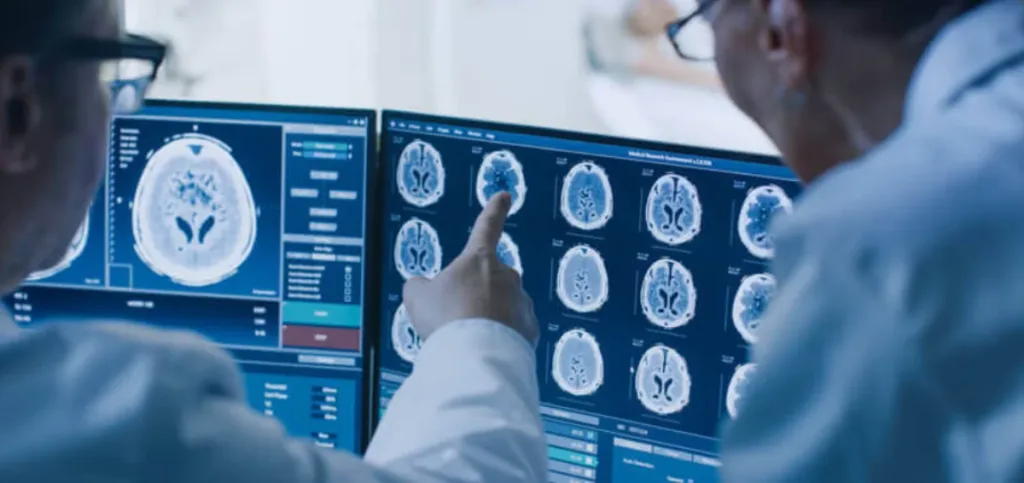
Yes, you can fully recover from a concussion. However, it is critical to adhere to recovery protocols, such as getting adequate rest and sleep. If, at any point in time, the symptoms worsen, it is important to seek immediate care. Eating a healthful diet consisting of protein, fruits, vegetables, and sources of omega-3 fatty acids like nuts and fish can promote brain healing. Only resume physical activities if you get a clear yes on it from your healthcare provider. Not rushing the recovery process prevents patients from experiencing post-concussion syndrome, ultimately leading to full recovery.
Summing Up
How one patient experiences concussion and recovers from it varies from that of the other. Your brain and body are unique. So, it is important to go through every stage of recovery. Be honest with yourself as you transition through different stages, and tell your doctor anything you feel is important to your full recovery. Doing so will ensure that you come out of your concussion-healing journey mentally and physically healthy.

